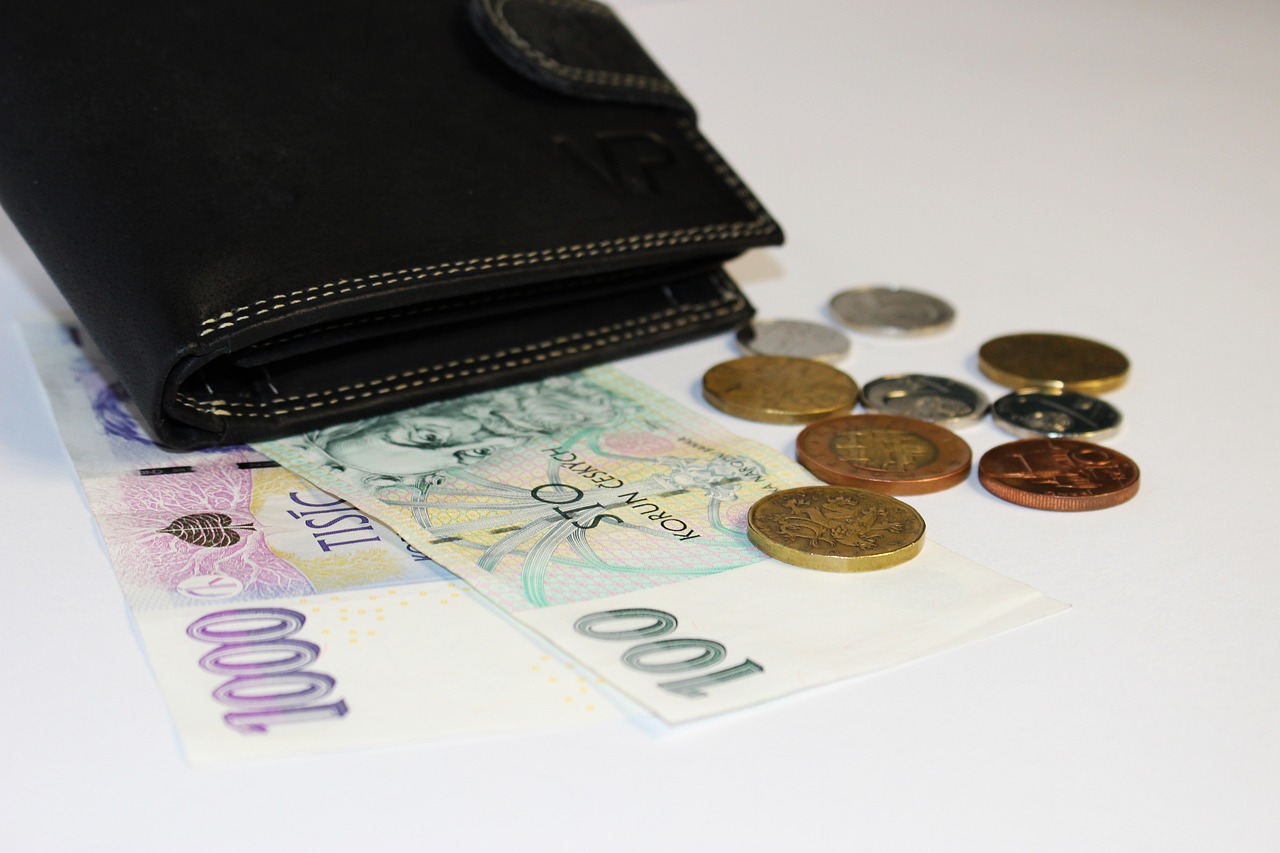Effortless Money Transfer to Thailand: Uncovering Fees, Processing Time, and Maximum Limits
GPT_Global - 2024-09-25 18:30:12.0 515

What are the most common methods of transferring money to Thailand?
There are several common methods used for transferring money to Thailand, each with its own advantages and disadvantages. The most popular methods include bank transfers, money transfer services, and online payment platforms.
Bank transfers are a traditional and secure way of sending money to Thailand. This method involves transferring funds directly from one bank account to another. Many banks offer international transfer services, but they often have high fees and may take several days to process.
Money transfer services, such as Western Union or MoneyGram, allow you to send money to Thailand from a physical location. These services are convenient and can be done quickly, but they also tend to have higher fees compared to other methods.
Online payment platforms, such as PayPal or TransferWise, are becoming increasingly popular for international money transfers. These platforms allow you to send money directly to someone's bank account or digital wallet in Thailand. The fees are typically lower than other methods, and the transfer can be completed within minutes.
Another option is to use a prepaid debit card. These cards can be loaded with money and then used to withdraw cash at an ATM in Thailand. However, this method may not be ideal if you need to transfer larger amounts of money.
In conclusion, when choosing a method to transfer money to Thailand, it's important to consider factors such as cost, speed, and convenience. Depending on your needs and preferences, one of these methods may be more suitable than the others. It's always best to compare fees and exchange rates before making a decision.
Are there any fees associated with transferring money to Thailand?
When it comes to transferring money to Thailand, there are usually fees involved. These fees can vary depending on the remittance business you use and the method you choose for transferring the money.
One factor that can affect the fees is the exchange rate. Banks and other financial institutions often charge a higher exchange rate compared to dedicated remittance services. This means that you may end up paying more in fees if you go through a bank instead of a specialized remittance business.
Another thing to consider is the method of transfer. Some remittance businesses offer different options such as bank transfers, online transfers, or cash pickups. Each option may have varying fees attached, so it is important to compare and choose the most cost-effective method for your needs.
Additionally, some remittance businesses may charge a flat fee for each transaction, while others may have a percentage-based fee. It's essential to understand the fee structure of a remittance service before making a transfer to avoid any surprises.
Lastly, make sure to check if there are any hidden fees or additional charges for certain services like currency conversion or rush transfers. These fees can quickly add up and significantly increase the overall cost of your transfer.
In conclusion, transferring money to Thailand may come with fees that vary based on the remittance business and the chosen method of transfer. It's important to do your research and compare different options to find the most cost-effective and transparent service for your needs.
How long does it typically take to transfer money to Thailand?
Transferring money to Thailand can be a quick and seamless process, as long as you choose the right remittance service. The time it takes for your money to reach its destination can vary depending on several factors, such as the remittance provider, mode of transfer, and how you initiate the transaction.
If you opt for a bank-to-bank transfer, it may take up to 3-5 business days for the funds to reflect in the recipient's account. This method is generally considered secure, but it can be quite slow. It is also important to note that banks often charge high fees for international transfers.
Alternatively, you could use online remittance services like TransferWise or Remitly, which offer competitive exchange rates and minimal transfer fees. With these services, you can expect the money to be delivered to your recipient in a matter of minutes or within 1-2 business days at most.
Another factor that can affect the speed of the transfer is the location of the recipient in Thailand. If they live in a rural area, it may take slightly longer for the funds to reach them compared to those living in major cities like Bangkok or Chiang Mai.
It is worth noting that some remittance services also have cutoff times for same-day delivery, so it is best to plan accordingly and initiate the transfer early in the day. Overall, the average time for money transfer to Thailand can range from a few minutes to a maximum of 5 business days.
In conclusion, if you need to transfer money to Thailand quickly, it is best to use online remittance services. They offer convenience, speed, and competitive rates compared to traditional methods. It is always wise to compare different providers and their fees before choosing one for your transfer to ensure a smooth and timely transaction.
What is the maximum amount of money that can be transferred to Thailand at one time?
Maximizing Your Money Transfer to Thailand with Remittance ServicesWhen it comes to transferring money to Thailand, there are many options available. But as an expat or a business owner, you want to ensure that you are getting the most out of your hard-earned money. This is where remittance services come in.
With remittance services, you have the ability to transfer large sums of money to Thailand at one time. In fact, the maximum amount of money that can be transferred through these services is typically much higher than other traditional methods such as bank transfers or wire transfers.
So, what is the maximum amount of money that can be transferred to Thailand at one time through remittance services? The answer varies depending on the provider you choose. However, with reputable remittance companies, you can often transfer up to $50,000 USD (equivalent to 1.5 million Thai Baht) per transaction.
But why is this limit so important? For starters, it means that you can transfer larger sums of money in one go, which can save you time and hassle. This is especially beneficial for those who need to make regular large payments, such as paying for property or investments in Thailand.
Moreover, with a higher maximum limit, you may also be able to take advantage of better exchange rates and lower fees. By sending more money in one transaction, you can potentially save on multiple fees and get a better rate compared to sending smaller amounts over several transactions.
So, whether you are transferring money for personal reasons or for business purposes, using a trusted remittance service can help you maximize your money transfer to Thailand. With a higher maximum amount limit, you can easily and efficiently transfer large sums of money without worrying about excessive fees or unfavorable exchange rates. Choose a reliable remittance service today and experience the benefits for yourself.
About Panda Remit
Panda Remit is committed to providing global users with more convenient, safe, reliable, and affordable online cross-border remittance services。
International remittance services from more than 30 countries/regions around the world are now available: including Japan, Hong Kong, Europe, the United States, Australia, and other markets, and are recognized and trusted by millions of users around the world.
Visit Panda Remit Official Website or Download PandaRemit App, to learn more about remittance info.



